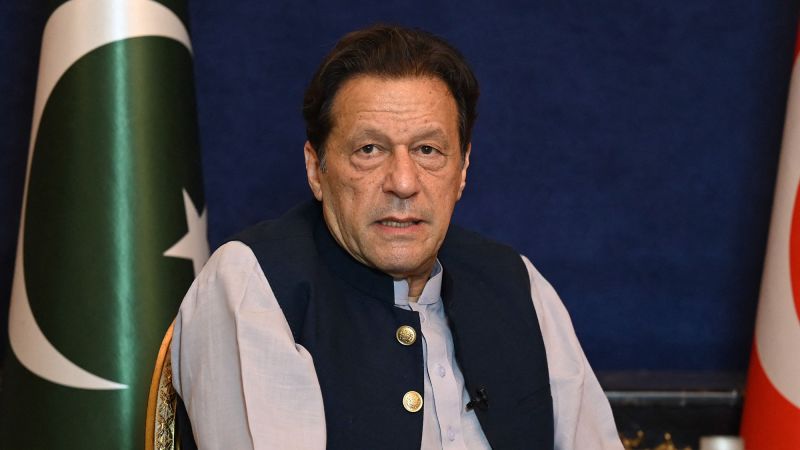
Violence Escalates in Pakistan Ahead of General Election

A recent spate of attacks on political candidates and parties has raised concerns about the security situation in Pakistan leading up to the general election on February 8. The violence has claimed the lives of several candidates and has prompted a response from the Election Commission and the military.
Targeted Killings and Attacks
As the general election in Pakistan approaches, the country has been rocked by a series of targeted killings and attacks on political candidates and parties. The most recent incident occurred when Rehan Zeb Khan, an independent candidate affiliated with former Prime Minister Imran Khan's Pakistan Tehreek-e-Insaf (PTI) party, was shot dead in a market in Bajaur, Khyber Pakhtunkhwa province. The attack, described as a 'targeted killing,' resulted in the tragic death of Khan and left three others injured. This comes just weeks after another independent candidate, Malik Kaleem Ullah, was shot dead while campaigning door to door.
Pakistan's former prime minister Imran Khan at his residence in Lahore on March 15, 2023.
The Islamic State Khorasan, or ISIS-K, claimed responsibility for the attack, adding to the growing concern over the security situation in the country. In addition to the targeted killings, residences and offices of several candidates from Pakistan's Peoples Party and the election office of the Pakistan Muslim League were attacked in Balochistan province. These attacks, claimed by the Baloch Liberation Army, resulted in at least 15 people being injured. The violence reached a peak with a blast during a PTI campaign rally in the city of Sibi, Balochistan, which claimed the lives of four people and left five others injured. As the violence escalates, the Election Commission and the military are taking steps to address the situation and ensure the safety of the upcoming election.
The recent wave of violence has raised concerns about the security of political candidates and the conduct of free and fair elections in Pakistan. The Election Commission has called for an emergency meeting of security officials to address the 'deteriorating' law and order situation in the two provinces affected by the attacks. Additionally, the military has discussed the possible deployment of the army to assist the election commission during the general election, emphasizing the importance of preventing violence and ensuring the democratic exercise of conducting free and fair elections.
Response and Precautionary Measures
In response to the escalating violence, the Election Commission (ECP) of Pakistan has taken swift action to address the security situation and safeguard the upcoming general election. The ECP summoned an emergency meeting of security officials to discuss the 'deteriorating' law and order situation in the provinces affected by the recent attacks. The commission's proactive approach highlights the urgency of maintaining a secure environment for political activities and ensuring the safety of candidates and voters.
Furthermore, the military in Pakistan has convened for an annual conference where they discussed the potential deployment of the country's army to support the election commission during the general election. The government's statement emphasized that no one would be allowed to engage in violence under the guise of political activity and disrupt the essential democratic process of conducting free and fair elections. This decisive stance reflects the commitment to upholding the democratic principles and ensuring a peaceful electoral process for the people of Pakistan.
Political Turmoil and Legal Actions
The recent violence and security concerns in Pakistan coincide with a turbulent period in the country's political landscape. Former Prime Minister Imran Khan and members of the PTI party have faced a crackdown following his removal from office in a no-confidence vote. This crackdown has led to allegations of intimidation and arrests of party members, raising questions about the fairness of the political environment. Additionally, Khan's recent conviction and sentencing to 14 years in prison for corruption have added to the political turmoil in the country, further complicating the upcoming general election.










